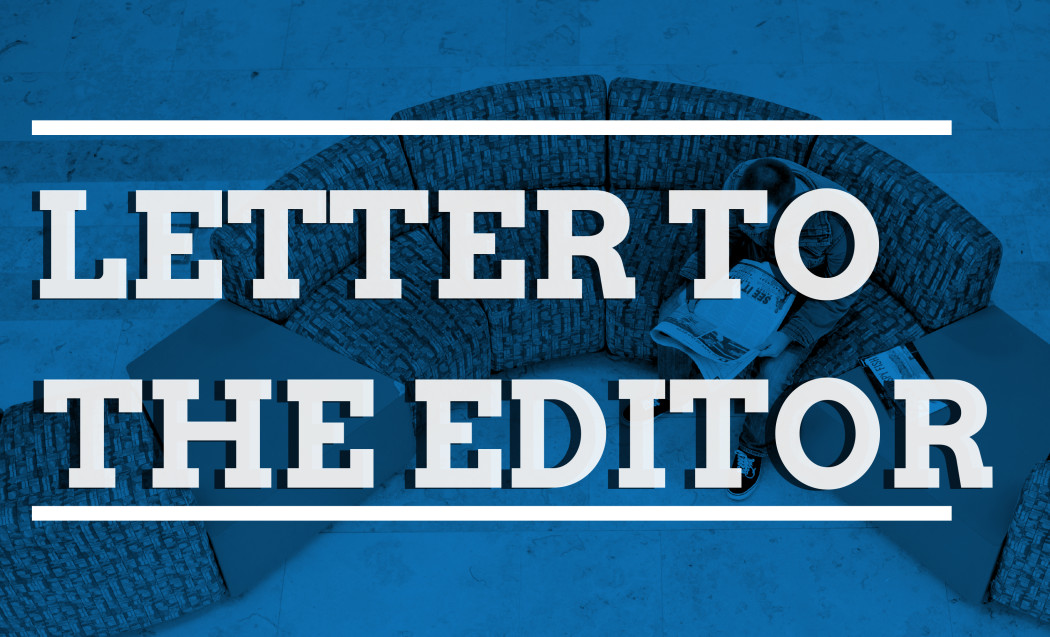Letters to the Editor and Guest Columns
Letter to the Editor Guidelines
Letters can be hand-delivered or mailed to the USU Student Media office in TSC 118. They can also be emailed to editor@usustatesman.com.
- Please include your name, a short bio, a valid email address and a phone number where we can reach you.
- We do not allow revisions.
- Your Letter to the Editor will not be edited for grammar mistakes by our staff.
- Letters should be limited to 500 words. All letters may be shortened, or rejected for reasons of good taste, redundancy or volume of similar letters. Submissions may run in the print edition of the Statesman as space allows.
- Letters must be topic-oriented. They may not be directed toward any individuals. Any letter directed to a specific individual may be edited or not printed.
- No anonymous letters will be published. Writers must sign all letters and include a phone number or email address.
- Letters representing groups — or more than one individual — must have a singular representative clearly stated with all necessary identification information. Letters that are potentially libelous or contain personal attacks against non-public figures will not be published.
- Writers must wait 30 days before submitting successive letters — no exceptions.
- The Statesman editors reserve the right to not print every Letter to the Editor.
Guest Column Guidelines
If you are interested in writing a guest column, please contact the Statesman at editor@usustatesman.com with your idea.
- Guest columns should be limited to 1,000 words.
- Preference is given to students and members of the USU community.
- If included in a print edition of the Statesman, your column may be shortened to 400-500 words, with the full column on the website.
- Your guest column will not be edited for grammar mistakes by our staff.
- No anonymous guest columns will be published.
- Writers must wait 30 days before submitting another guest column — no exceptions.
- The Statesman editors reserve the right to not accept every guest column.
General Opinion Writing Guidelines
Our standards for opinion pieces are listed below. These standards may be useful to consider as you write your thoughts:
- Transparency: Being honest about our own positionality allows us to more honestly approach the public with our opinions. Opinion is a place where we can be open about how our experiences have shaped us and, when participating in public discourse, this can only strengthen our writing.
- Organization: At a minimum, our arguments should have a basic starting, middle, and end point so our audiences can understand how we’ve traveled from point A to point B. Our writing should never imply that point A equals point B.
- Perspective: Well-rounded opinion writing accounts for the perspectives of others that have participated in the dialogue we are approaching. When we present an argument or idea, accounting for the alternative ways others have previously spoken about that same idea or topic provides efficacy and context to our own arguments — even if those perspectives are seemingly at odds. It shows that we’ve done our homework and distinguishes opinion writing from blogging.
- All opinion writing should also strive to abide by the SPJ Code of Ethics, especially working to minimize harm through our rhetorical and linguistic choices.

